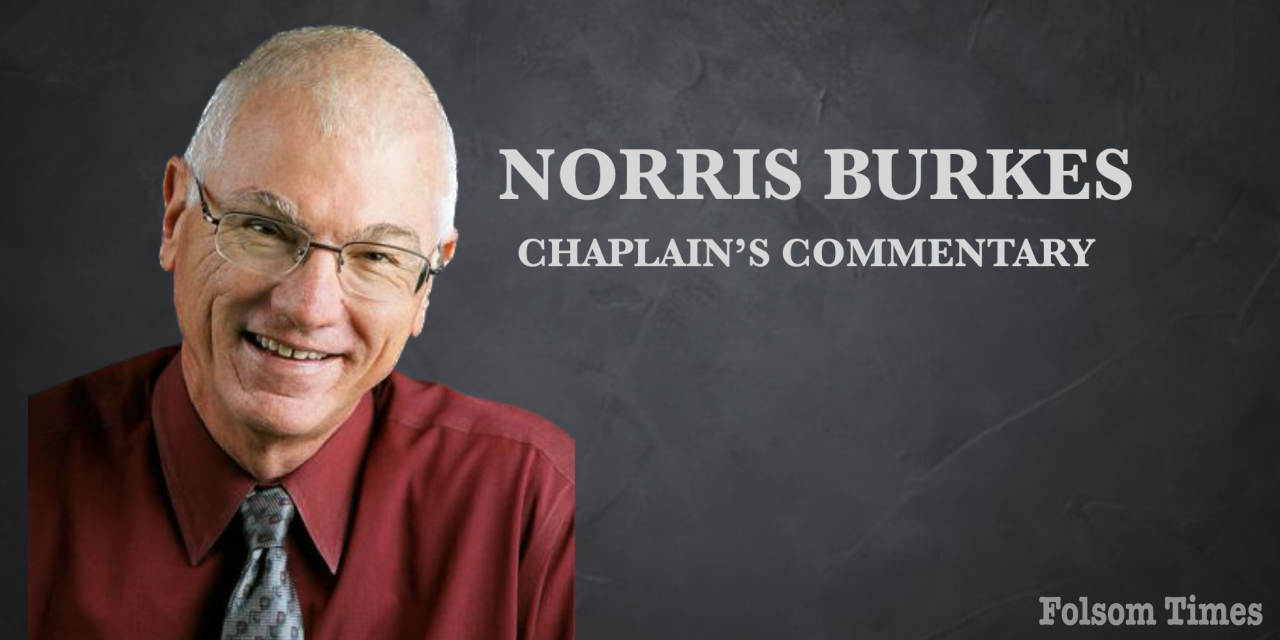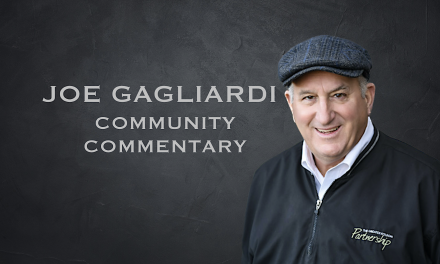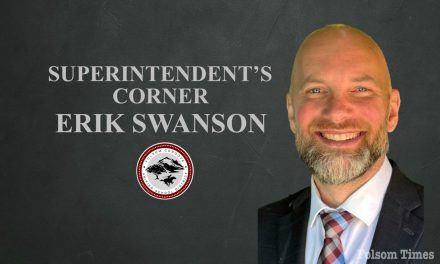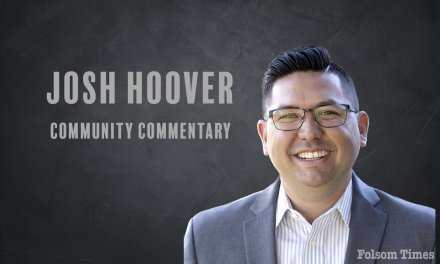The Bible describes rebellious people as being “stiff-necked.”
I don’t know how rebellious I am, but my chiropractors have occasionally put me in the stiff-necked category.
My first experience with stiff-neck pain was during my college sophomore year, shortly after I’d spent three hours debating theology with a new friend.
The problem wasn’t my theological position; the problem was my physical position – stretched out on my side, with my head propped in my palm.
The pain came on subtly, but finally incapacitated me during a visit with my West Texas kin. When I asked my equestrian cousins to recommend a chiropractor, they grimaced.
Well, our chiropractor is amazing, but he’s unlicensed.
What?
Yup,” they said. “He lost his eyesight a few years back, so Texas revoked his license.”
I gave a reluctant nod. It’s amazing how pain can make you not care about a little thing like a license. Thirty minutes later, I lay face down and shirtless on the doctor’s adjustment table in his living room.
The man placed his fingertips on each quadrant of my back, pondering my pain with a touch much like a wandering kitten. His procedure was an hour of pushing, pulling, stretching and thumping on the areas that needed healing.
Afterward, I limped back toward my car, knowing that something was better because I was upright and ambulatory again.
“You will be much better by tomorrow,” he promised. Twenty-four hours later, I was sitting in class as if my injury never happened.
Nowadays, I still have sporadic problems, but thanks to the blind chiropractor, I’ve been able to trust my issues to other chiropractors – with one exception.
Ten years ago, I was training for a marathon when I went to see to a local chiropractor for preventive management.
I was greeted by his attractive staff and spent my hour-long wait staring at his fish aquarium. After he took x-rays, he announced his prognosis with the tone of someone talking to a terminal patient.
He told me I was falling apart, but if I’d consent to immediate treatment, he could reverse my early demise. The entire process would take the better part of a year.
The payment arrangement would be monthly installments with a small financing fee.
Along with a fairly stiff glance, I gave him my promise to “think about it.”
The difference between my two chiropractic experiences suggests a case study in the different ways we often express concern for those we love.
My first doctor did something my charismatic friends describe as “speaking healing into my life.” He put his faith to work with his hands. He told me I would get better and I did. On the other hand, the second doctor spoke pessimism, gloom and hopelessness into my life.
Unfortunately, some of us find it easy to speak to people in that know-it-all, man-speak tone that will discourage friends and family trying to accomplish their dreams.
It’s much harder to speak success into the lives of people. It’s much harder to speak healing into a life by saying, ‘You can do this. You can succeed and flourish.”
I consider myself fortunate to have friends who told me I could, so I did. Not long after the discouraging rant from that second doctor, I ran several half marathons and two full (26-mile) marathons.
Fortunately, I also found a new doctor. He’s much like the first one.
He’s a man of faith who, in turn, spoke that faith into his patients.
And that, my friend, will always be the best healing prescription for this stubborn and sometimes stiff-necked chaplain.
Syndicated columnist Chaplain Norris Burkes began his chaplain career with both the active-duty Air Force and the Air National Guard until his retirement in 2014. He later served as a board-certified healthcare chaplain at Sutter Memorial, Kaiser, Methodist and Mather VA hospitals and continues to work with area Hospice. His column is syndicated to more than 35 accredited news outlets. Read past columns at www.thechaplain.net.
*Views expressed in published guest commentaries are those of the author or submitting organization and do not necessarily represent those of Folsom Times or All Town Media, LLC.




